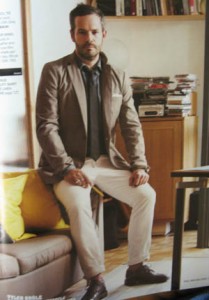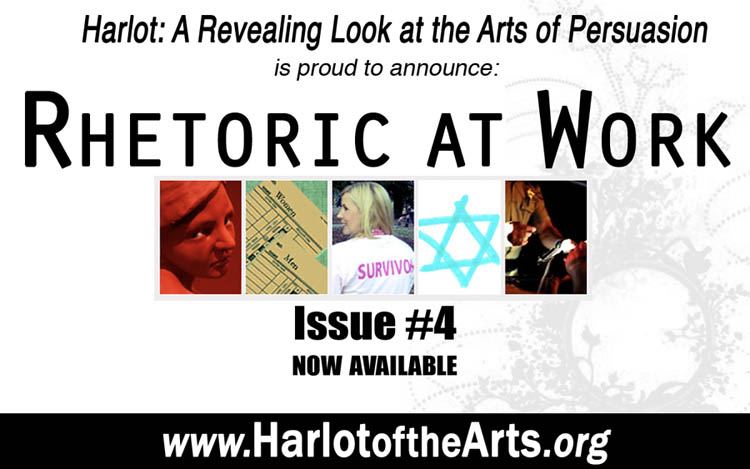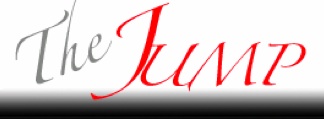Family Rhetoric
Remember when you asked Dad instead of Mom to see Basic Instinct in the theatre when you were twelve? Remember when you learned to wait for planes to fly overhead so that the noise would drown the sound of your creaking window when you were sneaking out? Remember the time your grandma told you that “this place is nice for how you live”? And remember the time your grandpa said, “you’ll understand when you’re older”?
Now, remember when you saw the Keatons, Huxtables, Seavers, Tanners, and Winslows. The Taylors, Bluths, Barones and the Gosselins and Duggars. Remember these families? Remember how they taught you about being moms, dads, brothers, and sisters, aunts and uncles, cousins, and grandparents?
For this issue of Harlot, we are calling for rhetorically reflective stories (rhetflections, if you will), analyses, and critiques of family. We want to learn about communication in that pervasively hidden community where you use rhetorical tactics to negotiate spaces, passive aggressive behaviors, and statements that foreclose argument with an audience of relatives. We want to learn about the rhetorical practices of moms, dads, sisters, brothers, uncles, aunts, cousins, and grandparents; we want to know about the rhetorical moves that make them what they are. In other words, we want to learn about the rhetoric of family.
This Special Issue provides an opportunity for exploring family rhetorics and the ways in which your own experiences or the ones you see around you rhetorically construct family. Areas of interest for this special journal issue include, but are not limited to, the following topics:
Family in social networking communities
Family and
Expose your insights traditionally (words coupling with other words like an essay, poem, or short story) or non-traditionally (words coupling with video, pics, sounds or multimedia like a film, a website or a speech).













